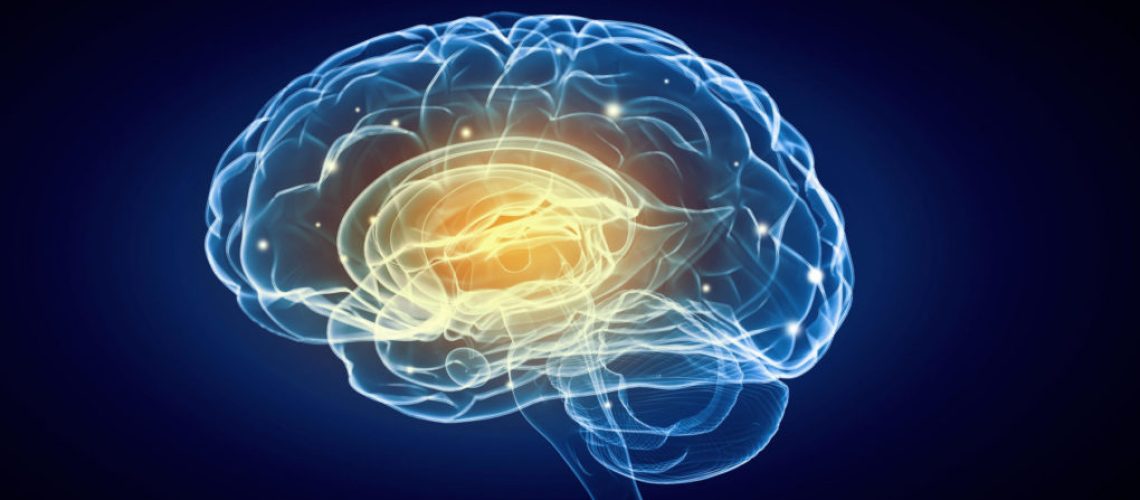Understanding Concussion Symptoms: What You Need to Know
Concussions are a form of traumatic brain injury (TBI) that occur when a blow to the head or a jolt to the body causes the brain to move rapidly back and forth. This sudden movement can lead to chemical changes in the brain, damaging brain cells. Recognizing concussion symptoms early is crucial for proper treatment and recovery. This article details the symptoms of a concussion, what to look out for, and when to seek medical help.
What is a Concussion?
A concussion is often referred to as a “mild” traumatic brain injury, but don’t let the term “mild” fool you—concussions can have serious and lasting effects. They are typically caused by a direct impact to the head, but they can also occur from whiplash or any event that shakes the brain violently. Sports injuries, car accidents, falls, or even a simple bump on the head can result in a concussion.
Common Concussion Symptoms
Concussion symptoms can vary widely from person to person and may not always show up immediately. Sometimes, symptoms appear hours or even days after the injury. Here’s a breakdown of the most common symptoms:
1. Physical Symptoms
Headache: One of the most common symptoms, which can range from mild to severe.
Dizziness: Feeling lightheaded or as if the room is spinning.
Nausea and Vomiting: A result of disrupted brain function.
Balance Problems: Difficulty standing or walking without feeling off-balance.
Fatigue: Feeling unusually tired or drowsy, even after getting rest.
Sensitivity to Light and Noise: Bright lights and loud sounds may become unbearable.
Blurred Vision: Difficulty focusing or seeing clearly.
Tinnitus (Ringing in the Ears): A persistent buzzing or ringing sound.
2. Cognitive Symptoms
Confusion: Difficulty remembering events before or after the injury.
Memory Loss: Trouble recalling recent events or information.
Difficulty Concentrating: Struggling to focus on tasks, conversations, or reading.
Slowed Reaction Times: A noticeable delay in thinking or responding to questions.
Feeling “Foggy” or “Off”: A general sense of being out of sync mentally.
3. Emotional Symptoms
Irritability: Feeling unusually short-tempered or frustrated.
Depression or Anxiety: Unexplained feelings of sadness, worry, or unease.
Mood Swings: Rapid changes in mood, going from happy to sad quickly.
Emotional Instability: Feeling overwhelmed by emotions without a clear reason.
4. Sleep Disturbances
Insomnia: Difficulty falling or staying asleep.
Excessive Sleep: Sleeping much more than usual, sometimes for long periods during the day.
Disturbed Sleep Patterns: Experiencing irregular or restless sleep.
When Should You Seek Medical Attention?
If you or someone you know has experienced a head injury and shows any of these symptoms, it’s essential to consult a healthcare professional. Some concussion symptoms can be indicators of a more severe brain injury, such as:
*Loss of Consciousness: Even if brief, losing consciousness should be taken seriously.
*Repeated Vomiting: Vomiting multiple times can signal a more severe injury.
*Seizures: Any convulsion or seizure activity is a medical emergency.
*Severe or Worsening Headache: If the headache does not improve or worsens, seek help immediately.
*Slurred Speech or Weakness/Numbness: These can be signs of a severe brain injury.
What to Expect After a Concussion
Concussion symptoms can last from a few days to several weeks. Rest is critical during the initial recovery period. However, some people may experience post-concussion syndrome, where symptoms persist for months or even years.
Recovery Tips:
Rest: Avoid strenuous physical and cognitive activities, including exercise, reading, and screen time.
Gradual Return to Activities: Slowly reintroduce physical and mental tasks as symptoms improve.
Avoid Alcohol and Drugs: These can interfere with brain healing.
Stay Hydrated and Eat Balanced Meals: Nutrition plays a role in brain recovery.
Follow Medical Advice: Always adhere to your healthcare provider’s guidance, including follow-up appointments and possible imaging tests.
Long-Term Effects and Risks
While most people recover from concussions within weeks, repeated concussions or inadequate treatment can lead to long-term issues. Chronic Traumatic Encephalopathy (CTE), a condition found in individuals with a history of multiple concussions (like athletes), highlights the importance of taking every concussion seriously.
Preventing Concussions
While it’s impossible to eliminate the risk entirely, several strategies can help reduce the chances of sustaining a concussion:
Wear Proper Protective Gear: Helmets and safety gear can protect the head during sports or risky activities.
Practice Safe Play: Encourage children and athletes to avoid risky moves that could lead to head injuries.
Home Safety: Prevent falls by keeping your home well-lit, removing tripping hazards, and using handrails.
Use Seat Belts: Wearing a seat belt in the car can prevent head injuries during accidents.
Final Thoughts
Concussions are serious injuries that require attention and care. Recognizing the symptoms, seeking timely medical advice, and following proper recovery protocols are essential steps for minimizing long-term effects. Whether it’s a sports-related injury, a fall, or any head trauma, never underestimate the importance of brain health. Stay informed, stay protected, and take every head injury seriously.
If you or someone you know suspects a concussion, don’t wait—get medical attention and ensure proper care for the best recovery outcomes.
